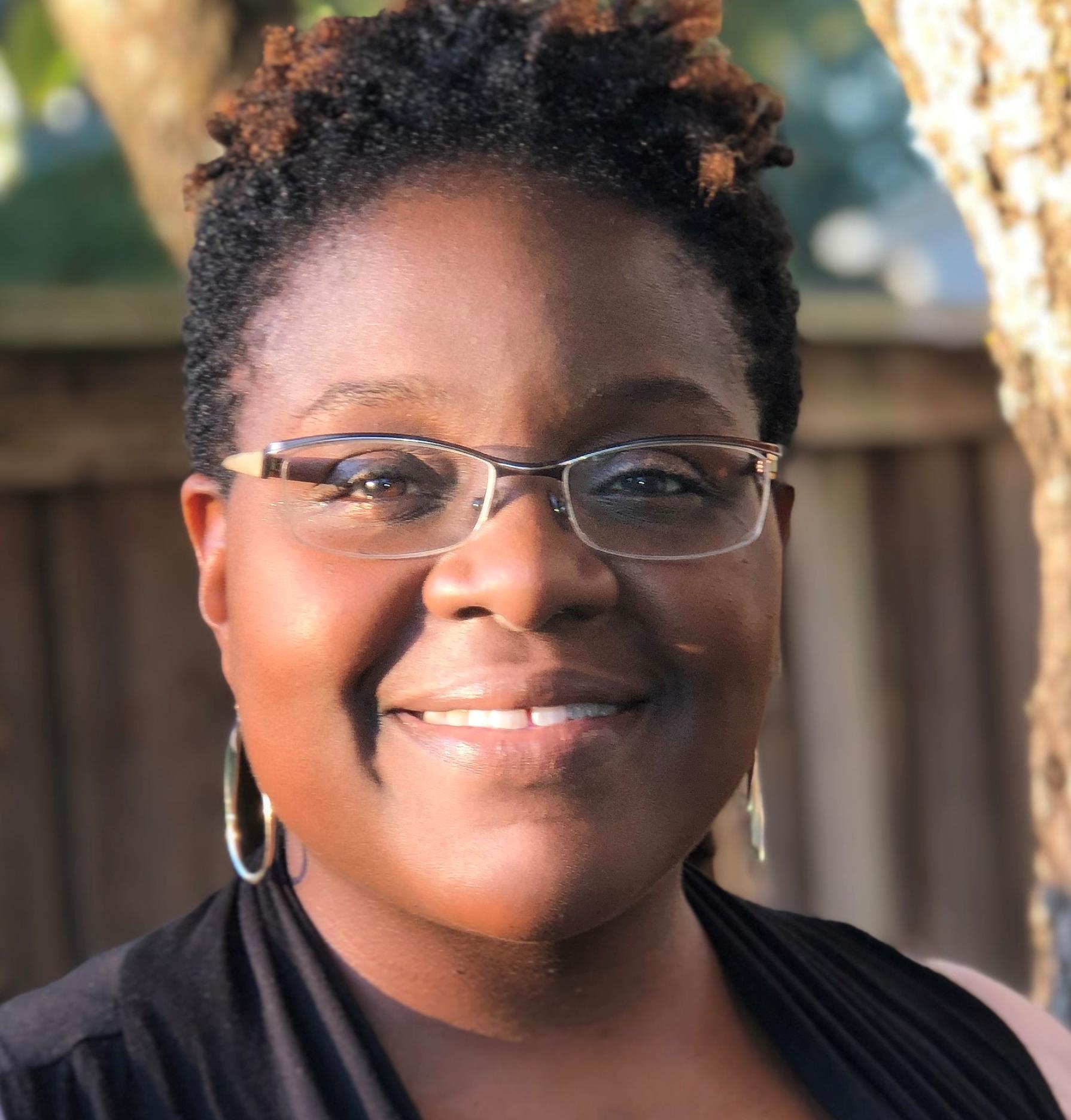CharCarol Fisher is the program manager for expressive arts/combat on our Ozanam Campus. Originally from Cleveland, Ohio, CharCarol graduated from Central State University with a degree in saxophone performance and then attended graduate school at UMKC for music therapy. She plays Jazz as a hobby and volunteers as an instructor at the American Jazz Museum. CharCarol loves collecting vintage records, enjoys gardening and participating in community music programs for youth. She is very active in the American Music Association and other arts associations.
What is your background in the behavioral healthcare field?
I started my career working with several community mental health agencies including my own music therapy private practice, Truman Medical Center, Synergy, Operation Breakthrough and other community agencies that served unrepresented youth. I have been working as a music therapist for a little over 10 years.
What led you into this profession?
I wanted to combine my love for music while making connections with people from all walks of life and intersecting that with psychology and science. When I found out about music therapy as a career choice, there was no turning back.
What is your role at Cornerstones of Care and what makes music therapy special?
My role for the past two years has been program manager of expressive arts. I have the unique opportunity to lead a wonderful team of experts who use music to inspire, challenge and make meaningful connections with something our youth already enjoy. Music has the unique ability to open people up and allows space and freedom to experience their authentic selves without judgement. You are free to just be…
Share a specific positive example of how music therapy works within a therapeutic relationship.
I recall working with a client who had one of the worst trauma histories I have ever heard. He had a difficult time forming healthy relationships and struggled with trusting adults. He was minimally involved in therapy and would not engage in any other milieu activities. This behavior continued for a month. When he was introduced to music therapy, specifically rap therapy, he opened up the very first session. For a client who did not trust adults and had only just met me, it was clear that the music helped to create the relationship first. He felt safe enough to talk about why he was admitted to our Ozanam Campus, the anger he had towards his parents and how writing rap music was his escape and coping skill. This client remained with us for almost a year; however, there was no doubt music therapy was a transformational part of his healing journey.



